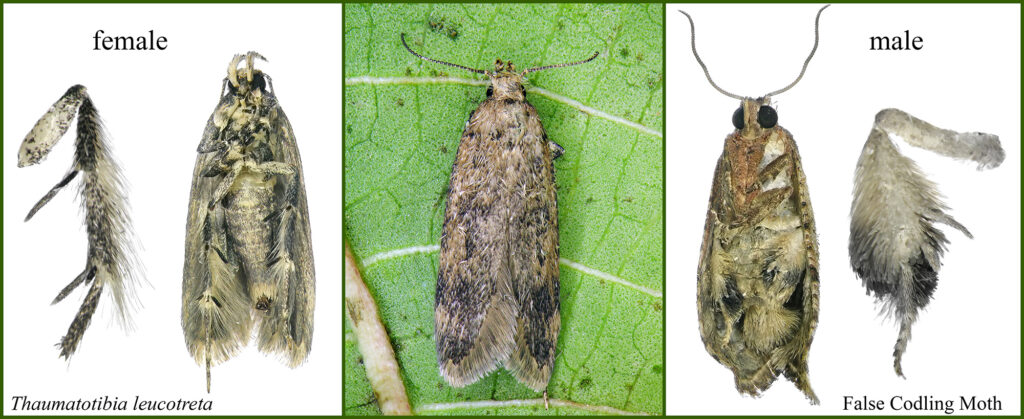LIMAR COMBI SC: Dual-Action Herbicide for Effective Weed Control in Maize
Limar Combi SC is a herbicide for the pre-emergence and early post-emergence control of annual grasses and selected broad-leaved weeds in maize.
Limar Combi SC is a herbicide for the pre-emergence and early post-emergence control of annual grasses and selected broad-leaved weeds in maize.
Duramon 30 is a slow release nitrogen fertilizer enriched with sulphur, zinc and magnesium that are necessary for photosynthesis.
Multiphos 10-25-0 + TE is a granular Compound NP fertilizer (Chemically Formulated) containing secondary and microelements for direct application to soil or in physical mixtures.

The False Codling Moth, Thaumatotibia leucotreta, is a highly polyphagous pest, feeding on more than 50 plant species, mostly crops of economic importance. The pest has been spotted on export crops such as Capsicum spp, Citrus spp and Rosa spp. In the recent past the pest has become an increasingly important pest, necessitating more attention from a pest management point of view. False Codling Moth (FCM) is a nocturnal pest with 1.25cm-2cm wings and colour variation. The eggs of FCM are laid singly or in small groups on the surface of the flower buds and the tender parts of the plants. Eggs are difficult to detect because they are flat and take same colour with the substrate. The pest has a 30-174 days lifecycle and can produce 2 to 10 generations in a year laying up to 800 eggs depending on multiple factors including temperature,food availability and quality,and humidity.Eggs hatch into larvae in 20-22 days. At maturity, the larvae exit from the fruit or flower buds and drop on the ground. The stage likely to be detected during inspection is the larva, while in the field adult stages can be detected on traps. Larval stages are internal feeder in flower buds in the case of Roses. The larval stages are visually detected by use of a hand lens, usually done by looking out for symptomatic buds, which when opened small holes are observed in the bud where the larva has penetrated and exited the bud. Frass can also be observed protruding from the hole, larvae may migrate to the centre of the bud. The pupae then undergoes a metamorphosis to winged adults and the cycle restarts.

DELEGATE 250 WG is the first registered FCM product on flowers in the market. The new kid on the block has a long heritage focused on offering complete solutions to the growers. The aim is to enrich the lives of producers and consumers, ensuring progress for generations to come. DELEGATE 250 WG is an insecticide belonging to the Spinosyns class and to Group 5 mode of action classification. DELEGATE 250 WG has improved potency at target site, improved residual control, improved translaminar activity and penetration through the plant cuticle, increased activity at the target site and is more stable in sunlight. It provides broad spectrum activity on key pests from Lepidoptera, Thysanoptera, Diptera and Coleoptera and other pests such as Pear Psylla and Asian Citrus Psyllid. It is also effective on whiteflies nymphs and has ovi-larvicidal activity when sprayed on eggs.
Due to its improved rain-fastness and photo-stability property with no breakdown in sunlight, the product has better weather resilience. It delivers exceptional, fast-acting activity within minutes to hours with a fast knockdown on contact toxicity. DELEGATE 250 WG is a unique product that is highly active at the target site in the pest’s nervous system causing paralysis within minutes its effective through ingestion and contact making it difficult for the target pest to escape the activity of the product.
DELEGATE 250 WG with low impact on beneficial arthropods making it compatible with IPM programs. Its short environmental persistence and greater ingestion versus contact activity minimises impact on natural enemies. It has minimal impact on pollinators once the spray deposit has dried up. It is practically non-toxic to honeybees when spray has dried up. DELEGATE 250 WG is safe with minimal risk (if any) to predatory lacewings, ladybird beetles, predatory mites, and parasitic wasps.
Moreover, it is a valuable tool in resistance management, it has shown no cross resistance within existing chemistries of the IRAC groups.”
With no phytotoxicity, no varietal sensitivity observed making it a suitable partner to be a mixed with most adjuvants when necessary, in addition to being compatible with commonly used Fungicides, Insecticides and Foliar Fertilizers.
The product won Presidential Green Chemistry awards in the USA, as well as AGROW award as Best New Crop Protection Product. It is also classified by EPA as a reduced risk pesticide.
If properly utilised, DELEGATE 250 WG has the potential of further cementing Kenya’s position as the leading flower exporter to the European markets.
To reduce the potential for resistance development we recommend alternation of DELEGATE 250WG with different Mode of Action actives recommended against control of FCM.